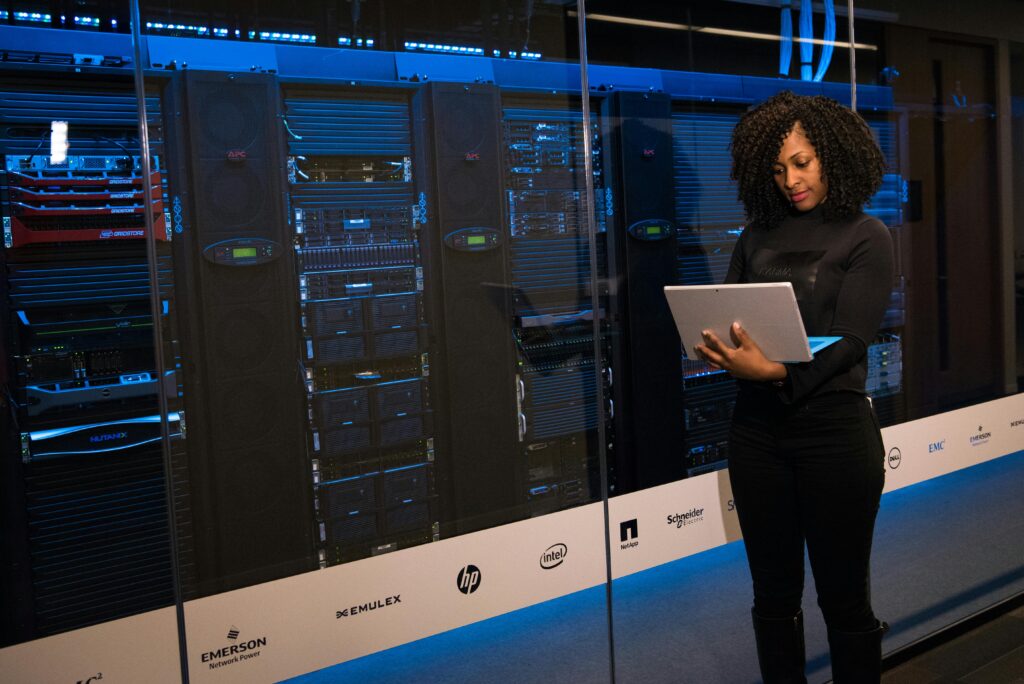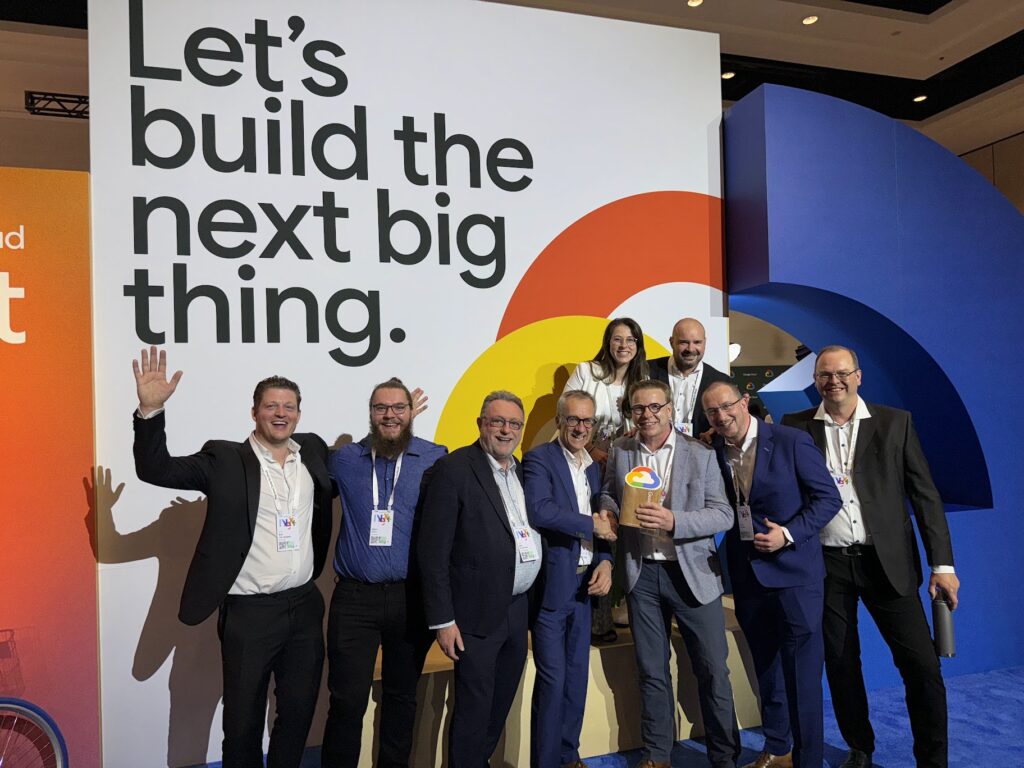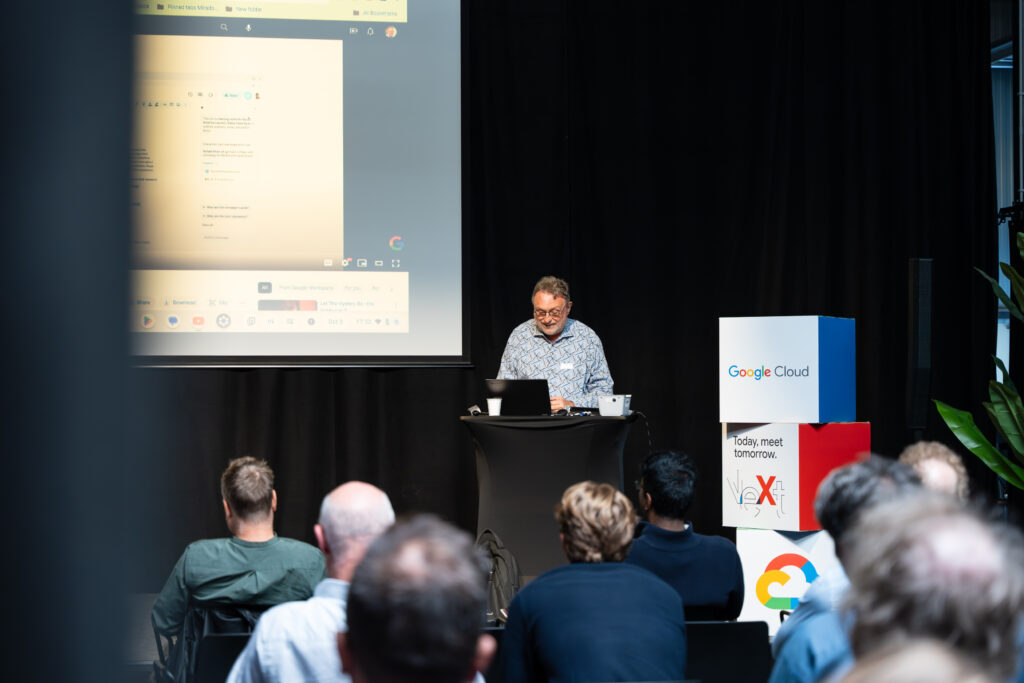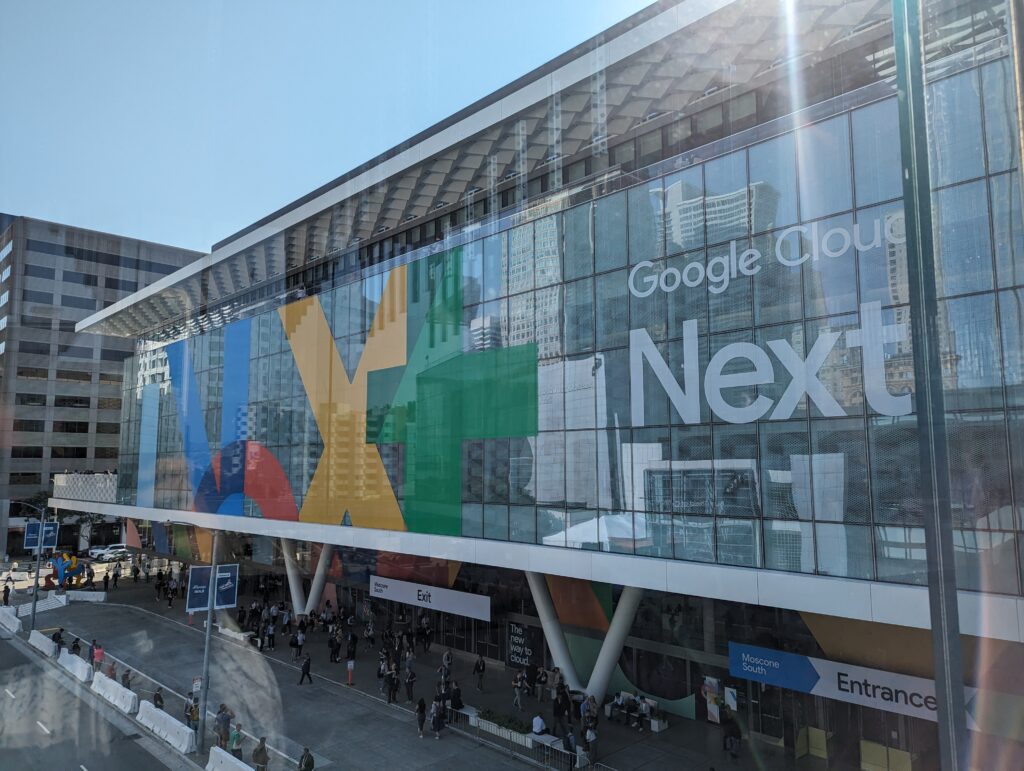As representatives of the Google ecosystem within The Cronos Group, we like to put the spotlight on competence centers that leverage the power of Google Cloud to help make their clients’ lives easier. One such competence center is ScaleCity, who developed a custom architecture based on the Google Kubernetes Engine (GKE) to host a high-available yet low-cost website for one of Belgium’s most popular football clubs. If you would rather watch our expert, Nils Peeters, give an overview of the case, you can also watch our video on the matter.
Kicking things off
Royal Sporting Club Anderlecht, more commonly known as RSCA or Anderlecht, is one of Belgium’s most popular football clubs. Based in the city of Anderlecht, close to Brussels, the club plays at the highest level of Belgian and European football.
Calibrate, another Cronos competence center, developed a sleek website for RSCA using Drupal as a CMS. This helped RSCA define their brand and make information more accessible for their fans and the press. However, the brand-new website still needed a hosting solution to keep running reliably. That’s where Google Cloud and the hosting experts at ScaleCity came in.
The new website had to be high-available with minimal downtime and responsive at all times to handle surges in traffic during ticket sales and games. It should also support regular maintenance, since the site will frequently be updated with content updates and external feeds. Finally, the website should be cost-effective since it would handle sustained large amounts of traffic.
Drafting the perfect team
To meet these demands, ScaleCity made heavy use of their expertise with the innovative power of the Google Cloud Platform (GCP). Setting up a high-available website is easy with the right technology, but doing so without breaking the bank requires quite a bit of experience, after all. There are many sides to high-availability hosting, but we’ll highlight a hat trick of features in this case: GCP’s Kubernetes engine, Blue/Green deployment, and caching and performance tuning.
Google Kubernetes Engine (GKE)
ScaleCity knew right away that GCP’s Kubernetes engine would be the perfect fit for the job, since a lot of its features directly met RSCA’s requirements. The Google Kubernetes Engine lets you scale components individually and automatically, as well as add servers on a whim. It provides virtually endless scaling potential for sudden demand surges, resulting in a high degree of elasticity. The GKE’s pay-as-you-use model means that this flexibility, when set up with the right expertise, is cost-effective as well.
Blue/Green deployment
ScaleCity also had to think about the technical aspects of implementing and maintaining the fully clustered environment. To ensure that downtime would be kept to a minimum even with frequent content updates, they focused on continuous deployment of code, with out-of-the-box Kubernetes support that featured only the necessary customisation.
This continuous deployment is achieved through a Blue/Green update flow. In this flow, the old stack (blue) is kept running, but gets duplicated to a new stack (green). As soon as the green stack is healthy and up-and-running, the switch is made at the network level in one go.
This means that all traffic will be instantaneously redirected to the green stack, without any downtime or a limbo period in which there could be a state of mixed versions. Except for adjustments to the database, this flow works for everything from code changes to graphical updates and general feature adjustments.
Caching and performance tuning
Finally, ScaleCity added a layer of performance to ensure a seamless experience for the visitors of RSCA’s website. Autoscaling is not instant, since putting new components on servers can take a few minutes, so they decided to use Cloudflare to still give the visitors that instant feel. Thanks to front-end caching with support for dynamic content, the time to load pages is drastically shortened. Services like Cloudflare also offer additional protection against Distributed Denial of Service (DDoS) attacks.
Most importantly, these services also significantly reduce the outgoing network bandwidth. Cloud infrastructure can be expensive, so by lowering the output of media-dense sites like RSCA’s, the pay-as-you-use costs can be lowered substantially. 85 to 90 percent of the site’s monthly bandwidth doesn’t end up in Google Cloud.
A true game changer
Thanks to Calibrate’s design and ScaleCity’s expertise, RSCA’s website is now ready to play in the highest division, and receives an average of 3800 daily and 116,000 monthly users. When there was a surge in demand during a particularly popular match, the website even reached a peak of 13,200 concurrent users. Their infrastructure scaled effortlessly to over four times its normal resource usage, without any noticeable impact for its visitors.
It’s important to point out that performance and cost savings like these don’t come easy. There are many pitfalls to avoid, and the Blue/Green deployment in particular requires absolute control and knowledge of the storage capabilities and how components interact in a website.
ScaleCity had to invest heavily in finding a balance between low-cost and high-availability features in the past few years, but it has definitely and literally paid off for both them and their clients.
Are you looking for a technical partner to help you set up a high-available, low-cost website using Google Cloud? We’ve got your back! As the centerof all things Google at Cronos, we’ll help you find the perfect fit for any project that uses Google technologies. Contact us today to find out more and discuss the possibilities.





